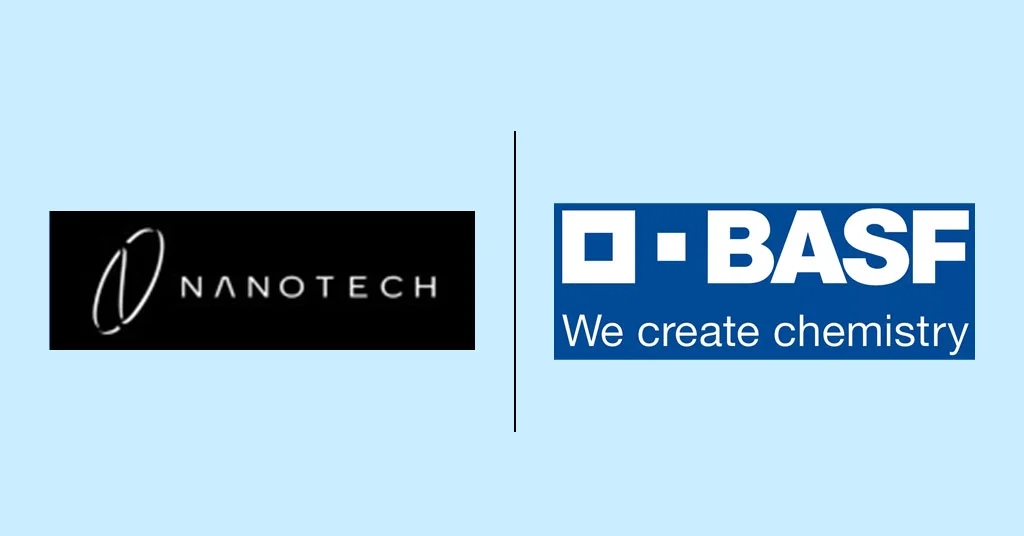Welcome To ChemAnalyst

To significantly reduce the carbon footprint associated with Nanotech lithium-ion batteries, BASF and Nanotech Energy have joined forces to incorporate recycled materials into the North American supply chain of Nanotech batteries.
This partnership is poised to make a significant impact on the sustainability of lithium-ion batteries, commonly utilized in electric vehicles (EVs), by incorporating cathode active materials produced by BASF from recycled sources. The circular battery production process will be further enhanced through collaborations with American Battery Technology Company and TODA Advanced Materials, both of which will supply additional recycled materials and assist in recycling scrap materials generated by Nanotech's operations.
The incorporation of recycled materials into battery production has shown a substantial reduction in carbon emissions, amounting to approximately 25% less than when newly mined materials are employed. This shift towards recycled materials contributes significantly to environmental sustainability and emissions reduction in the battery manufacturing process.
BASF has a track record of successfully implementing closed-loop battery recycling systems in Asia for several years. The company has recently expanded its battery recycling efforts into Europe. The partnership with Nanotech represents a significant step towards expanding these services in North America.
While the increased adoption of EVs is a vital step in decarbonizing the U.S. economy, the production of lithium-ion batteries has faced criticism for its environmental impact, which sometimes outweighs the environmental benefits of electrification. The mining of materials required for batteries contributes to environmental degradation.
Furthermore, once an EV battery reaches the end of its operational life, improper disposal can lead to pollution and the release of harmful chemicals. Currently, EV batteries come with a high price tag due to the limited availability of materials required for their manufacture.
Battery recycling offers a solution to address these concerns comprehensively. In order for EVs to become more widespread and sustainable, the battery manufacturing process must incorporate recycling to some extent. Recycling lithium-ion batteries specifically alleviates the need for additional mining, prevents environmental pollution from discarded EV batteries, and ultimately contributes to a more cost-effective EV market.
The U.S. Department of Energy has also established the Lithium-Ion Battery Recycling Prize, which aims to incentivize profitable solutions for collecting, sorting, storing, and transporting discarded lithium-ion batteries for materials recovery. Continued efforts to promote and implement battery recycling can play a pivotal role in creating a more environmentally beneficial EV market, extending beyond the reduction of fossil fuel reliance to encompass the entire battery lifecycle.
We use cookies to deliver the best possible experience on our website. To learn more, visit our Privacy Policy. By continuing to use this site or by closing this box, you consent to our use of cookies. More info.
